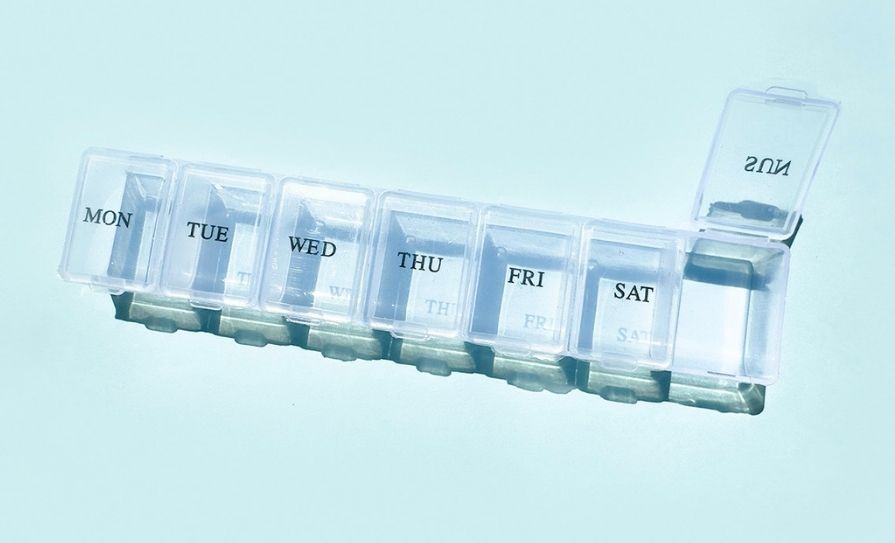A 20-year long Australian study has found no evidence to suggest cannabis reduces illicit opioid use, and it may not be an effective long-term method of reducing harm for those with an opioid use disorder or problematic use of opioids.
Published in the American Journal of Psychiatry, the University of Sydney-led study is one of the longest of its kind.
Between 2001 and 2022, the study involved a group of 615 people with heroin dependence, many of whom also used cannabis.
Additional analysis also found no consistent evidence between cannabis and other opioid use, including opioids that were prescribed.
Opioid use is currently responsible for more death and disability than any other illicit drug. Opioid and cannabis use disorders make up approximately 77 per cent of all illicit drug disorders.
The researchers say clinicians and policymakers should be cautious about relying on cannabis to reduce problematic opioid use, or as a potential strategy to help manage the opioid crisis, especially given a global shift towards cannabis legalisation and recognition as a therapeutic product.
In the United States, some states have policies that allow patients to substitute their prescribed opioids with cannabis.
The Canadian government is currently reviewing the Cannabis Act in the context of medicinal cannabis for opioid dependence.
To examine the impact of cannabis on opioid use, and vice versa, researchers used a recently developed statistical technique. This allowed them to account for influential factors on opioid and cannabis use in the data, such as age, and made it possible to focus on individual changes in substance use over time.
“Our investigation shows that cannabis use remains common among this population, but it may not be an effective long-term strategy for reducing opioid use,” says lead author Dr Jack Wilson, from The Matilda Centre for Research in Mental Health and Substance Use, at the University of Sydney.
“There are claims that cannabis may help decrease opioid use or help people with opioid use disorders keep up with treatment.
“But it’s crucial to note those studies examine short-term impact, and focus on treatment of chronic pain and pain management, rather than levels of opioid use in other contexts.”
Another key finding was that cannabis use is common among those with an opioid use disorder, and so there needs to be clinical services that offer additional support for people who would like to reduce cannabis use. “Opioid use disorders are complex and unlikely to be resolved by a single treatment,” says Dr Wilson. “The best way to support them is evidence-based holistic approaches that look at the bigger picture, and include physical, psychological, and pharmacotherapy therapies.”







